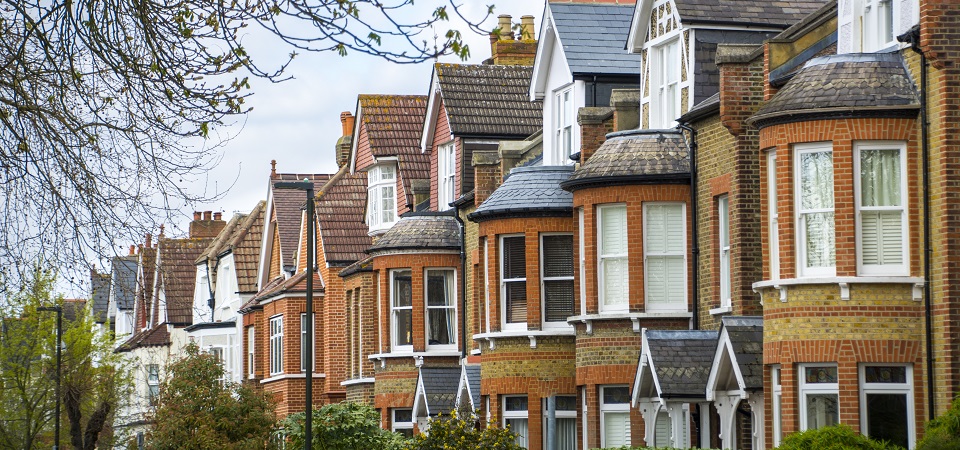Home buyers in England have been given a boost after the Chancellor announced an extension to the stamp duty holiday in his Spring Budget.
Here, Jennifer Prysiaznyj, who is a specialist conveyancing solicitor at WHN, explores the impact of the measures, and what it means for home buyers and the housing market.
The stamp duty thresholds
Stamp duty land tax is usually payable on purchases of residential properties worth more than £125,000. The stamp duty holiday introduced from July 8, 2020 increased this threshold to £500,000, meaning the tax currently only needs to be paid on main residences worth in excess of this.
The abolishment means savings can also be made by those purchasing additional properties, although at a reduced rate.
Stamp duty rates usually range from 2-12 per cent of the property purchase price, and if the concession were not in place, someone buying a house for £250,000 would normally be taxed £2,500, while stamp duty on a £500,000 home would amount to £15,000.
Designed to give the property market a much-needed boost following a slump when the pandemic put house viewings on hold, according to the government’s house price index report, the tax break pushed house prices up 8.5% last year – the highest annual rise since 2014.
The abolishment has also driven a recent surge in activity, with people trying to get property transactions completed in time for the original March 31, 2021 deadline.
The extension
The stamp duty holiday has now been extended until the end of September 2021.
Varying thresholds in the latest changes means the current £500,000 threshold will be extended until June 30 before reducing to £250,000 from July 1, while stamp duty land tax rates will then revert to the previous £125,000 threshold from October 1, 2021.
This is welcome news for home buyers, who could potentially save up to £15,000 on properties worth half a million pounds. The change also provides a potential additional six months to complete property purchases and benefit from the reduction in stamp duty.
While the changes could bring the overall cost of buying a house down, others may choose to put their stamp duty savings into the property itself, meaning they could potentially afford a property which would otherwise have been out of budget.
A lifeline for first-time buyers
In addition, the mortgage guarantee scheme is to be re-introduced, enabling lenders to offer government backed 95 per cent loan to value mortgages.
Not only will this welcome change provide a lifeline for first-time buyers by enabling many more to get on the property ladder, but the scheme will also be available to those looking to purchase a property up to £600,000, making purchasing a house much more affordable. The mortgage guarantee scheme will commence in April 2021 and will last until December 31, 2022.
Overall, the Spring Budget was welcome news for anyone looking to buy or sell residential property.
Jennifer Prysiaznyj is an associate solicitor based at WHN’s Blackburn office. Jennifer deals with all aspects of the conveyancing process, including the buying and selling of residential property, while she also has specific expertise in Islamic finance. To contact Jennifer, call her on 01254 272640 or email jennifer.prysiaznyj@whnsolicitors.co.uk













